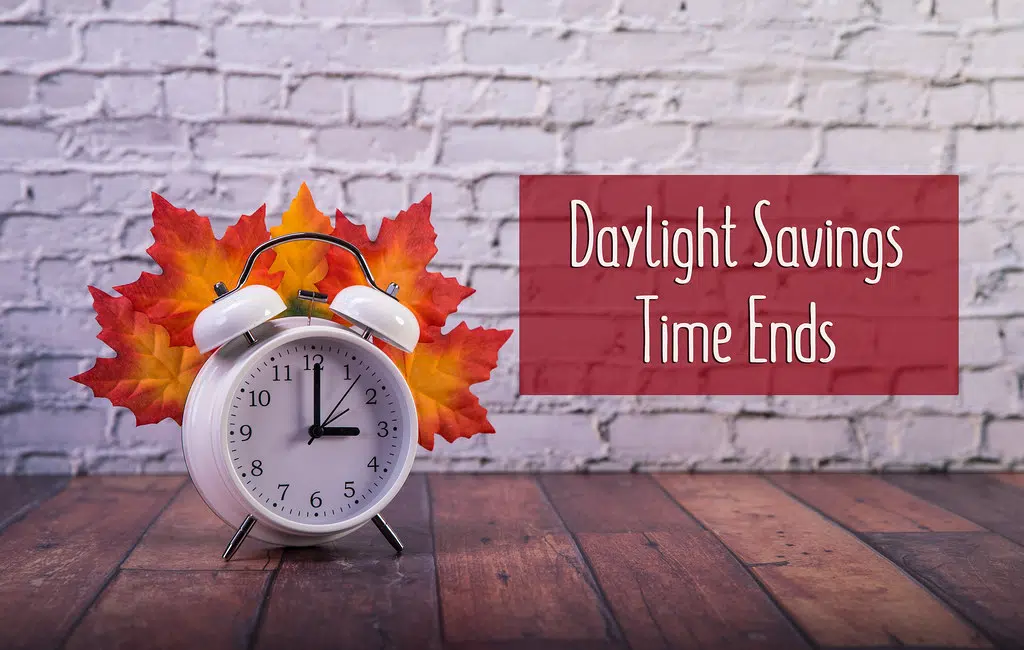Daylight saving time ends Sunday at 2 am and sleep experts say the annual shift in time can have adverse health effects on many people. LSU Health New Orleans Public Health Expert Dr. Benjamin Springgate says sleep deprivation and mood disturbances are likely to increase.
“It does lead to some people having difficulty with their sleep habits. People who have naturally otherwise have difficulty sleeping may find this worsens during this time. Some people may also have worse mood.”
You’ll gain an extra hour of sleep as clocks are pushed back one hour.
A 2020 Current Biology study reveals more darkness during early morning commutes may contribute to an increased risk of traffic fatalities. While sleep has an overall impact on your health, Springgate says not everyone is affected by the time change in the same way.
“A larger proportion will have, whether than having chronic problems will have a short term problem. Where over a couple of weeks period it may be difficult for them to fall asleep.”
Days will continue to get shorter with sunset scheduled for 4:40 p.m. when daylight saving time ends on Nov. 5. Springgate says a good night’s sleep is important for your well-being. He suggests keeping a regular sleep schedule.
“Trying to do things like not have caffenine before going to bed. Try to go to sleep at the same time every night. Don’t use screens before bed. These things help set our mind’s readiness to fall asleep and that can make a difference.”








Comments